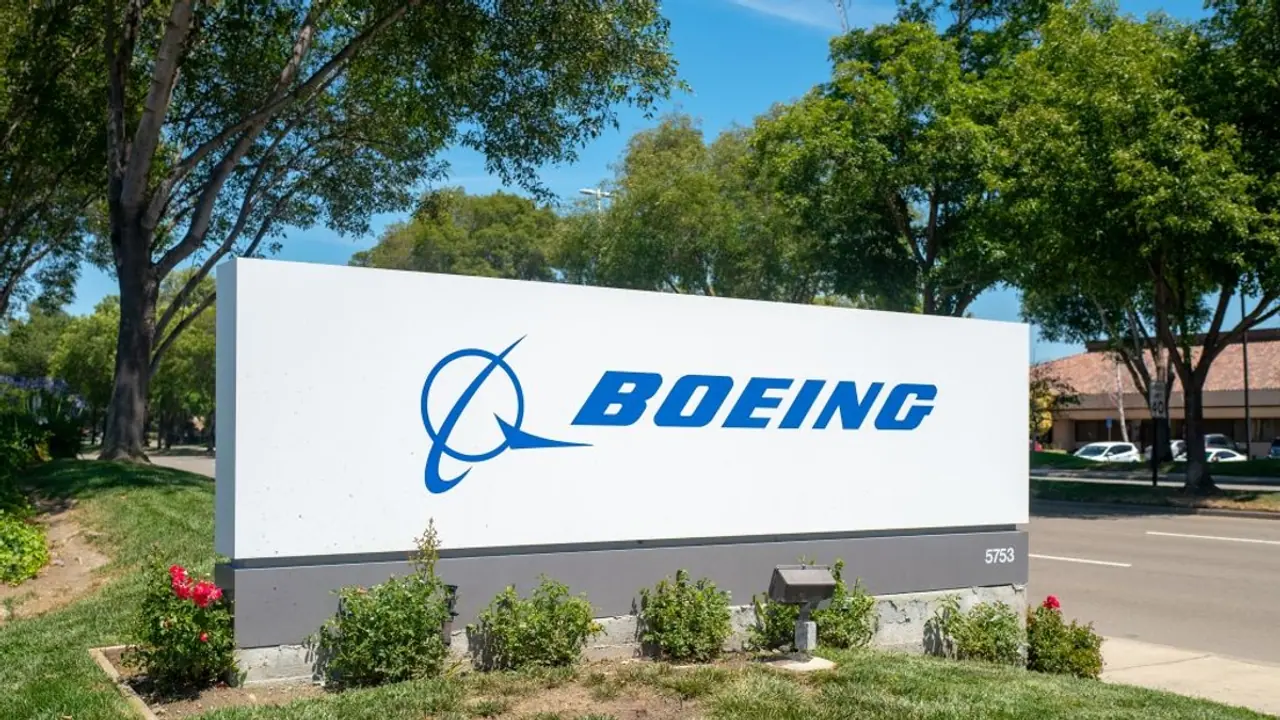Boeing workers voted overwhelmingly on Thursday night to go on strike, demanding higher pay and protesting against the company’s current leadership practices.
Boeing workers voted overwhelmingly on Thursday night to go on strike, demanding higher pay and protesting against the company’s current leadership practices. This strike, which marks the first since 2008, threatens to halt the production of Boeing’s top-selling jet and comes at a critical time for the aerospace giant as it struggles with chronic production delays and rising debt.

The strike action was triggered after approximately 33,000 Boeing employees from the US Pacific northwest rejected a tentative agreement reached between their union, the International Association of Machinists and Aerospace Workers (IAM), and Boeing management. Workers voted 94.6% to reject the proposal, with an overwhelming 96% in favor of striking. The decision is set to come into effect on Friday at midnight Pacific Time (7 a.m. GMT).
The tentative agreement, reached on September 8 after marathon negotiations, included a 25% pay increase over a four-year period. However, this fell short of the union’s push for a 40% increase. Despite the union leadership recommending the deal, local union president Jon Holden told The Seattle Times that he expected workers to reject the agreement, given the intense backlash from employees.
“Boeing is saying they are in a tough spot recovering, yet their executive salaries haven’t changed,” commented one Boeing mechanic, who spoke to the press on condition of anonymity. “COO [Chief Operating Officer] Stephanie Pope makes over $300,000 every two weeks. It’s much deeper than pay and benefits—it’s Boeing’s culture. We are a family here in my shop.”
Workers had expressed their discontent earlier in the week, staging a rally outside Boeing’s Everett, Washington, production facility, in protest of the tentative agreement. Many workers are particularly frustrated by Boeing’s allocation of resources in recent years.
The company has spent $68 billion on stock buybacks and dividends since 2010, despite being embroiled in scandal and grappling with production challenges.
Additionally, high executive salaries and compensation packages have fueled anger among workers.
Outgoing CEO Dave Calhoun received a 45% raise in 2023, bringing his total earnings to nearly $33 million for the year. His predecessor, Dennis Muilenburg, who was ousted in 2019 after Boeing's 737 MAX crashes, walked away with a $62 million golden parachute.
Kelly Ortberg, Boeing’s newly appointed CEO, made a last-ditch effort to prevent the strike, urging workers not to jeopardize the company’s recovery. In a letter to employees in Washington and Oregon, Ortberg acknowledged the company’s turbulent history and the mistakes made in the past. He appealed for unity and patience, expressing concern that a strike would damage Boeing’s recovery efforts and further erode trust with customers.
“I know the reaction to our tentative agreement with the IAM has been passionate. I understand and respect that passion, but I ask you not to sacrifice the opportunity to secure our future together, because of the frustrations of the past,” wrote Ortberg in a message to Boeing employees in Washington and Oregon.
“For Boeing, it is no secret that our business is in a difficult period, in part due to our own mistakes in the past. Working together, I know that we can get back on track, but a strike would put our shared recovery in jeopardy, further eroding trust with our customers and hurting our ability to determine our future together.”
Despite Ortberg’s plea, the workers' decision to strike underscores a deep-seated dissatisfaction with the current direction of the company. Many workers feel that Boeing’s leadership has failed to recognize the sacrifices they have made during the company’s recent struggles, even as top executives continue to receive large pay packages.
The strike comes at a particularly sensitive time for Boeing. The company has faced significant production delays across multiple aircraft lines, most notably the 737 MAX and the 787 Dreamliner, due to supply chain issues and ongoing regulatory scrutiny. The strike is expected to exacerbate these delays, further affecting Boeing’s ability to meet delivery schedules and fulfill customer orders.
Boeing’s challenges are compounded by its mounting debt, which has increased as a result of recent production issues and a slow recovery in air travel demand following the COVID-19 pandemic. The halt in production due to the strike could put additional financial strain on the company, raising concerns about its long-term viability.
